Science Suggests God Could Have Created The Universe
The universe wasn’t always thought to have a beginning. For centuries, scientists believed it was eternal and unchanging. However, in the early 20th century, a shift occurred when astronomers like Edwin Hubble discovered the universe was expanding.
This expansion points to a cosmic beginning, which has sparked debates about what or who might have caused it.
Einstein’s Biggest Blunder
Albert Einstein once believed the universe was static. In fact, he added a “cosmological constant” to his equations to support this idea. But after visiting Edwin Hubble in 1931 and reviewing the data, Einstein realized the universe was expanding and famously called his earlier belief his “biggest blunder.”
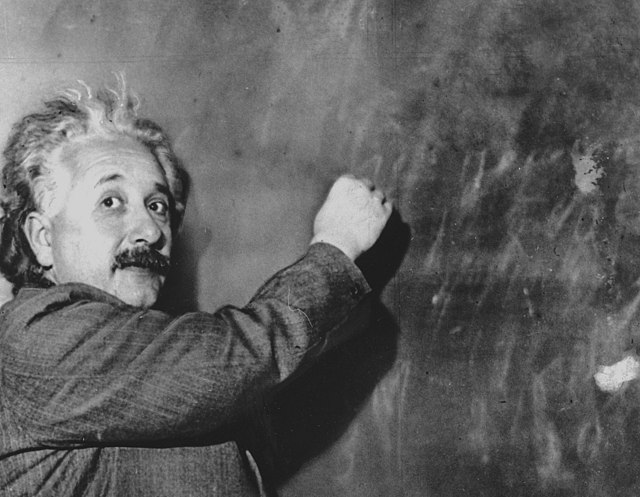
Source: Wikimedia
This admission hints at a universe with a defined beginning, raising questions about a possible creator.
The Red-Shift Revelation
The red-shift discovery by Edwin Hubble was groundbreaking. It showed that distant galaxies are moving away from us, suggesting that the universe is expanding.
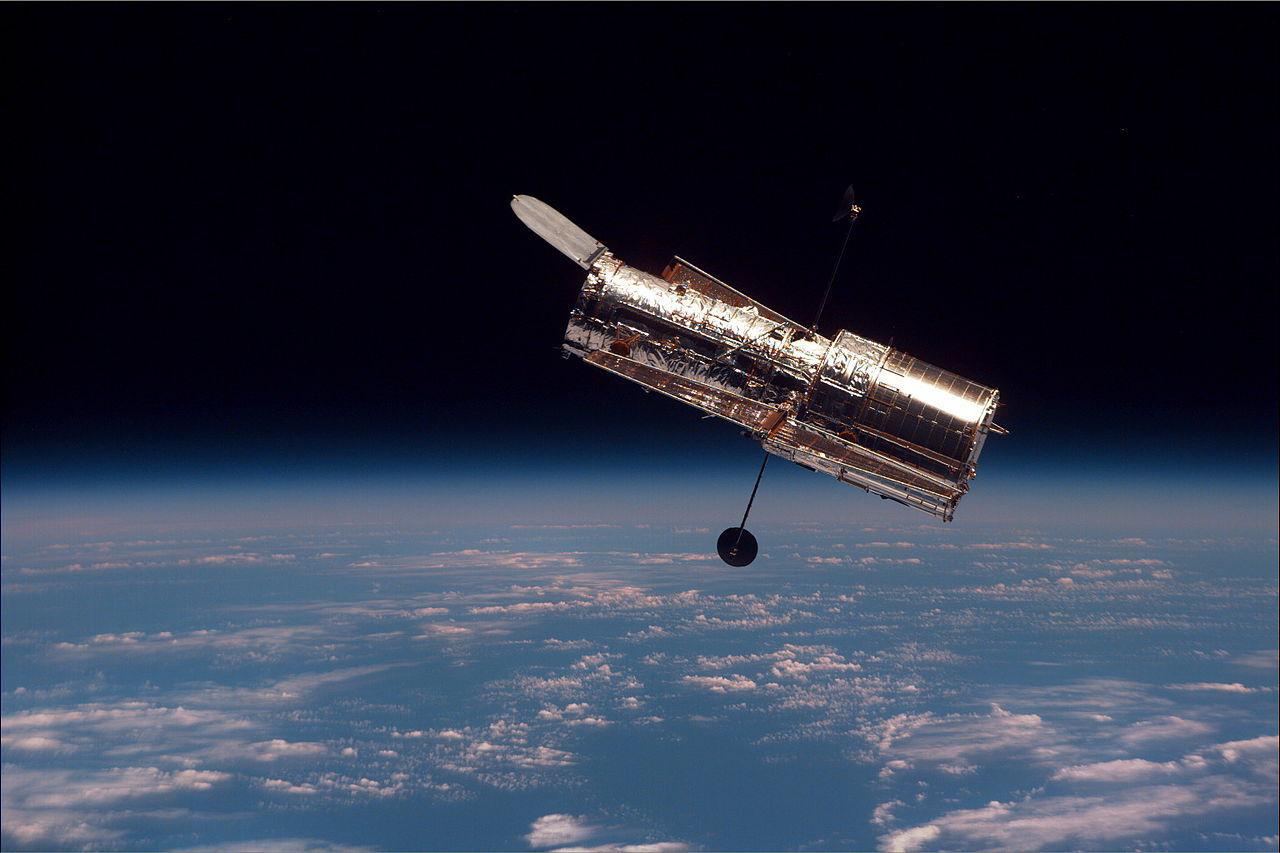
Source: Wikimedia
This observation was important because it provided the first evidence of a universe that had a starting point, aligning with the idea that something or someone set it all in motion.
The Big Bang and a Finite Start
The Big Bang Theory suggests that the universe began from a single, incredibly dense point about 13.8 billion years ago.
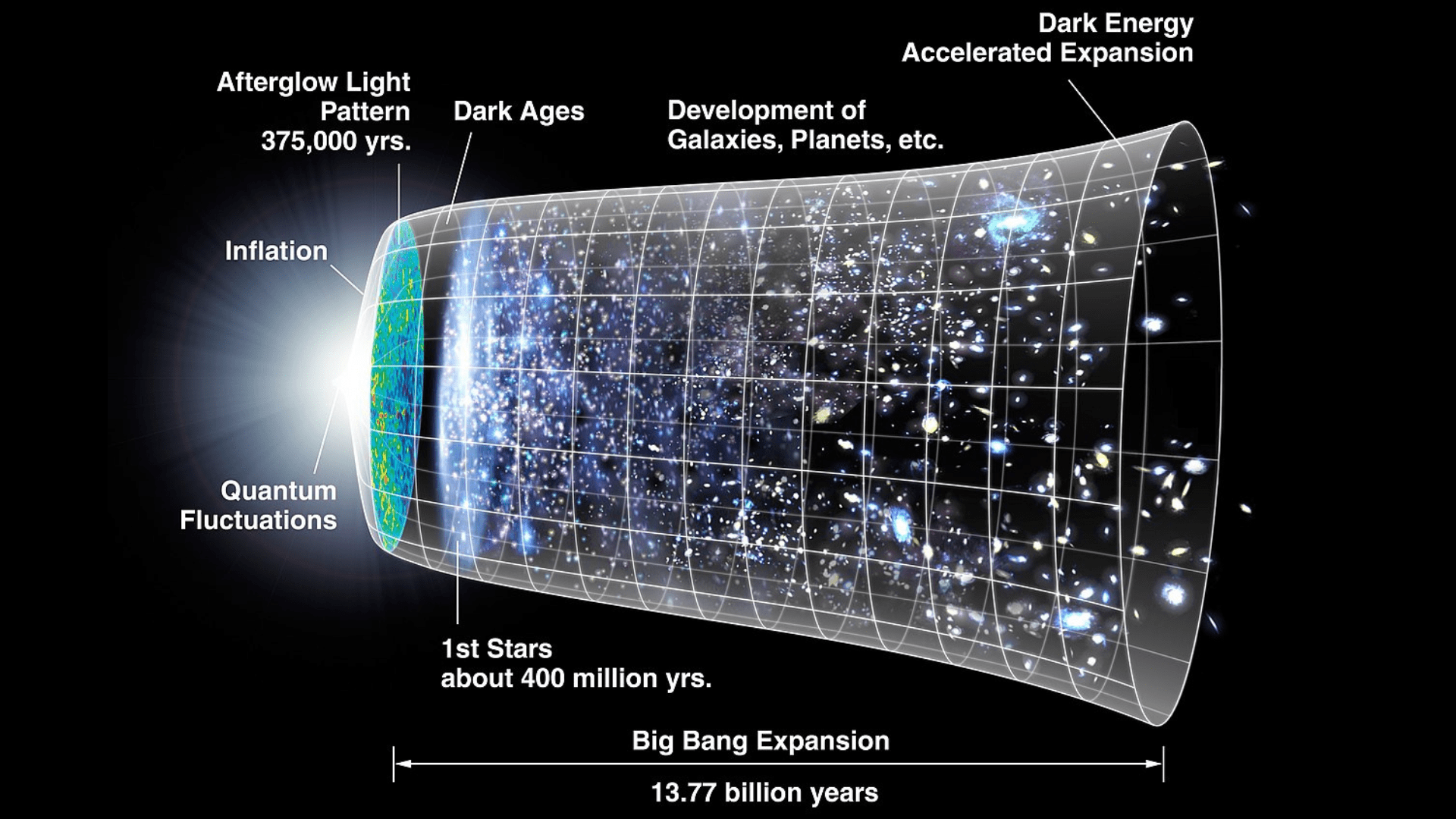
NASA/WMAP Science Team/Wikimedia Commons
This “birth moment” of the universe leads many to wonder what—or who—caused this explosion of creation. The idea of a finite start to the universe resonates with religious beliefs about a divine creator.
Fine-Tuning of the Universe
The universe operates like a finely tuned machine, with countless factors balanced perfectly to support life. For example, if gravity were even slightly stronger or weaker, stars like our sun wouldn’t form, and life as we know it would be impossible.
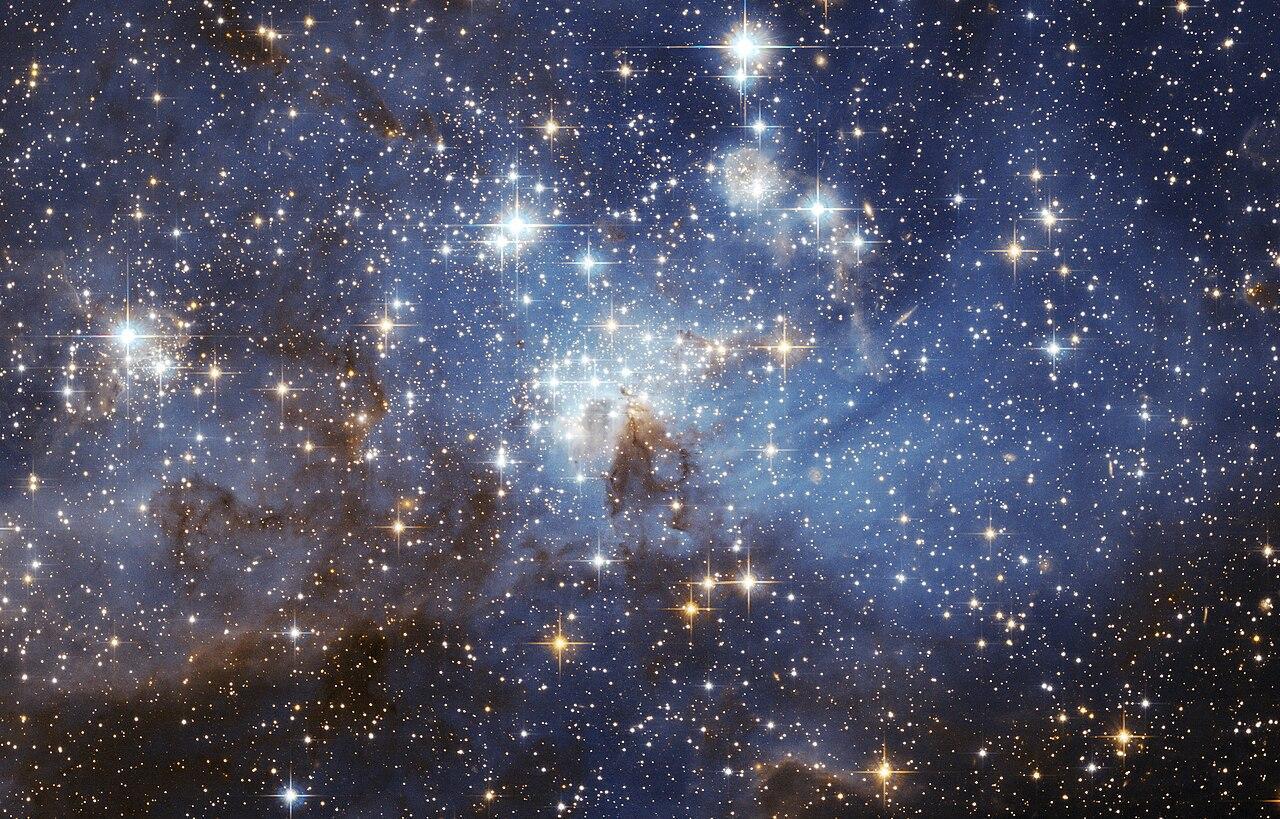
Source: Wikimedia
This precision suggests a potential intentional design, leading some to believe that a “creator” had a hand in setting these delicate parameters.
The Goldilocks Zone
Earth exists in what astronomers call the “Goldilocks zone”—not too hot, not too cold, but just right for liquid water to exist. This perfect placement is essential for life to thrive.
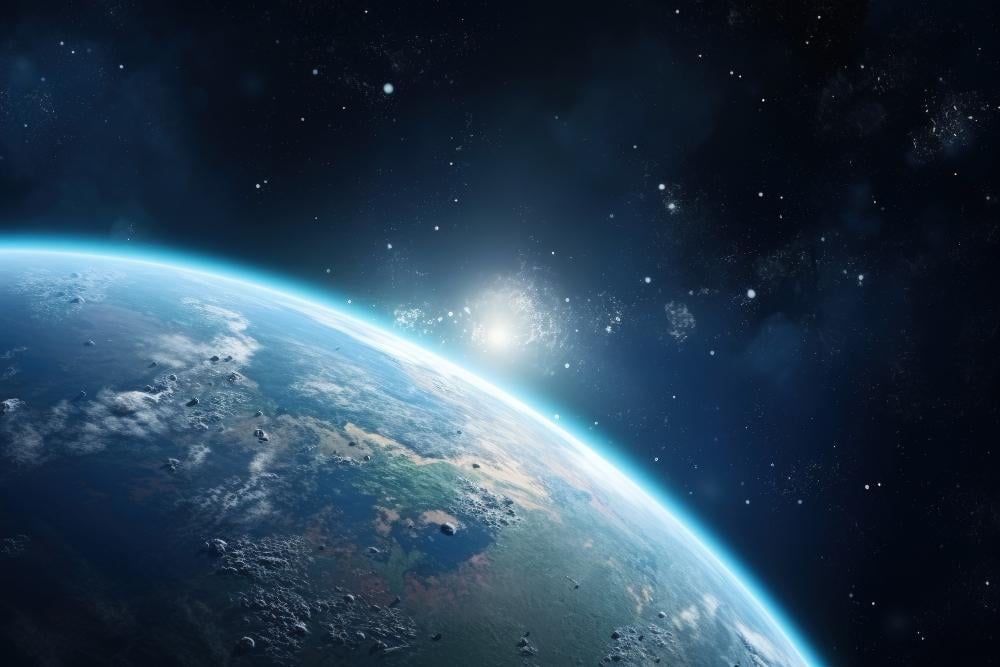
Source: Wikimedia
The Earth’s rotation, tilt, and distance from the sun all seem carefully adjusted, as if someone intentionally made it just right for life to flourish.
Fundamental Forces
There are four main forces in nature—gravity, electromagnetic forces, and two types of nuclear forces. These forces must be perfectly balanced to allow the universe to function.
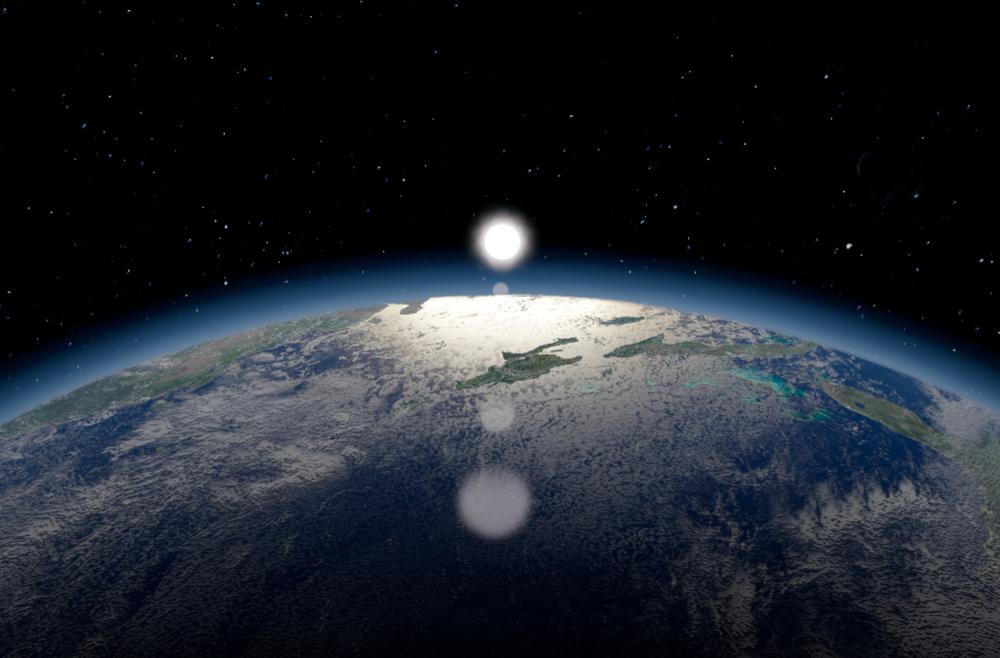
Source: Freepik
If any of these forces were slightly off, the universe couldn’t support life. This precise balance has led some scientists to suggest that an intelligent designer fine-tuned these forces.
DNA: The Language of Life
DNA is often compared to a computer program, with its intricate coding determining everything about a living organism. The complexity and specificity of genetic information in DNA suggest it might not be the result of random processes.
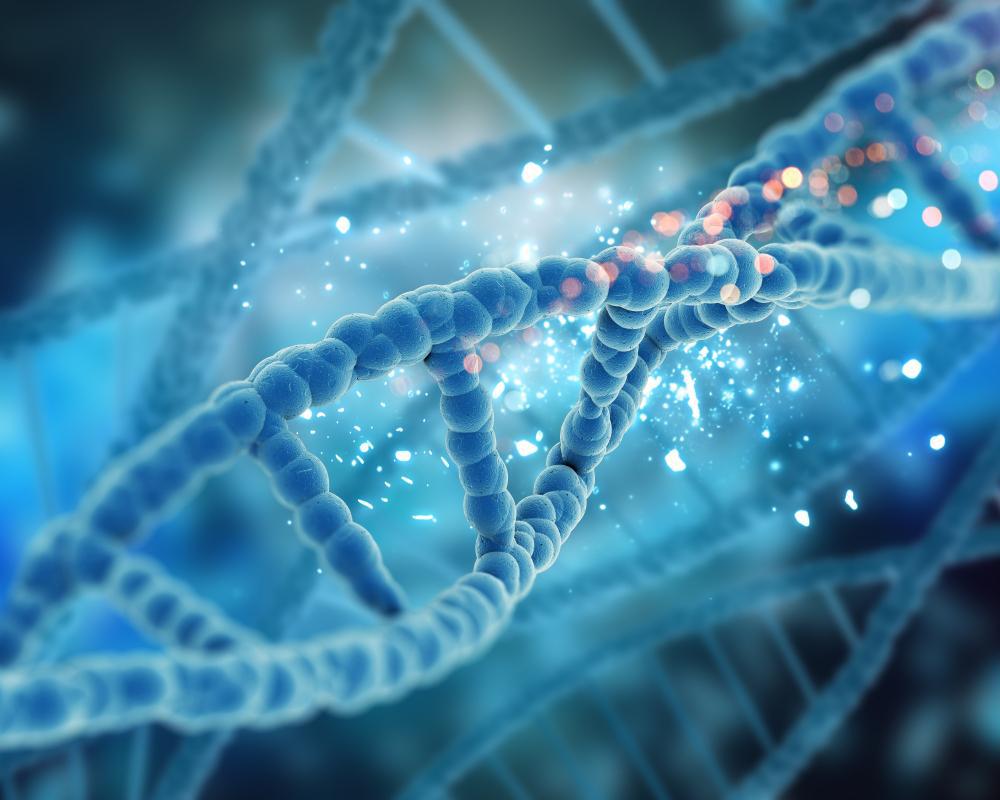
Source: Freepik
Instead, it hints at a master programmer, which many interpret as evidence of a higher intelligence or divine creator.
Bill Gates on DNA
Even tech mogul Bill Gates has weighed in on the complexity of DNA, comparing it to software far more advanced than anything humans have created.
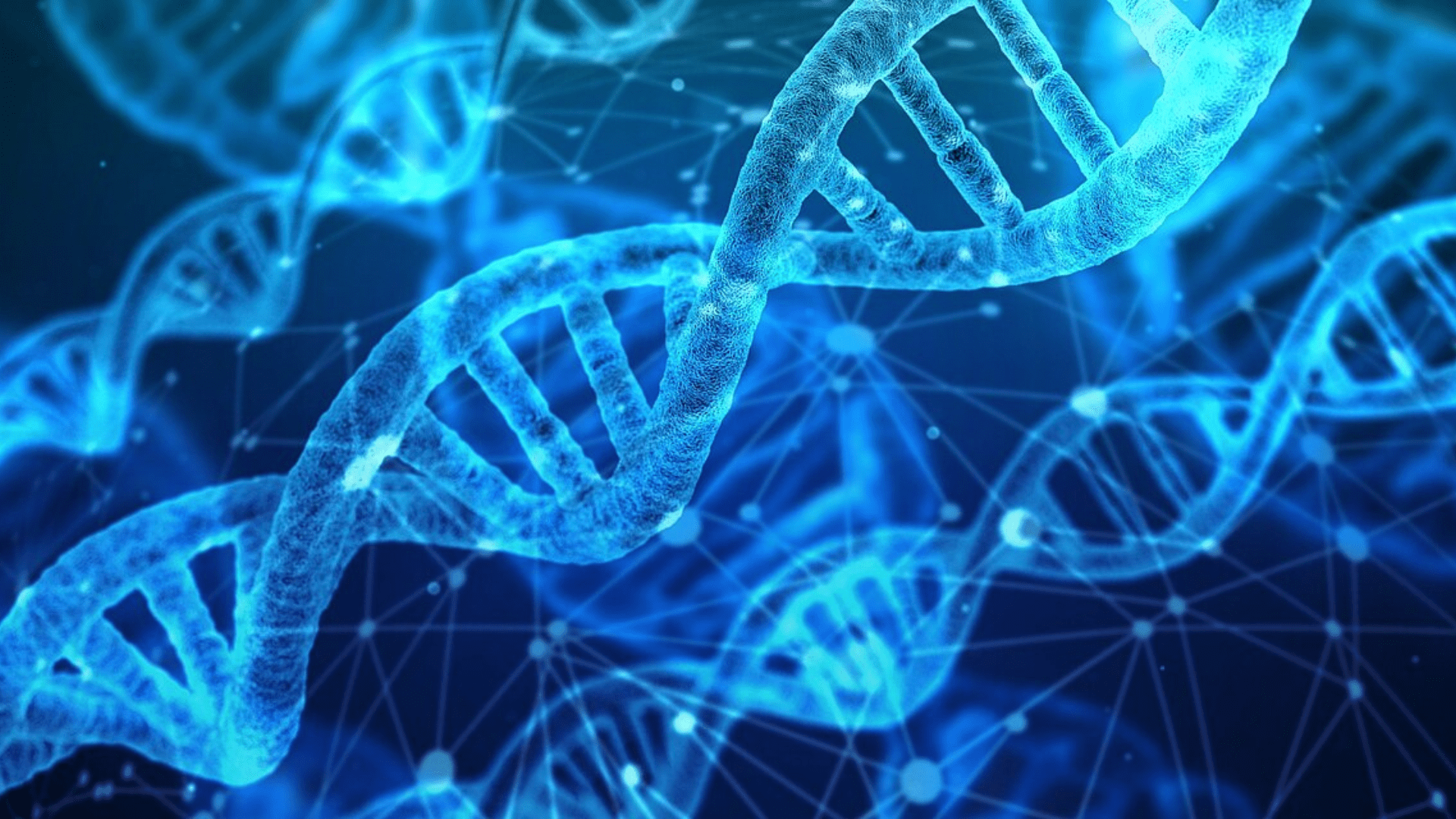
geralt/Wikimedia Commons
His observation highlights just how intricate DNA is, leading to questions about whether such complexity could have arisen by chance—or if it points to an intelligent designer.
The Multiverse Hypothesis
Some scientists propose the multiverse theory as an alternative to a creator. They suggest that our universe is just one of many, each with different physical laws.
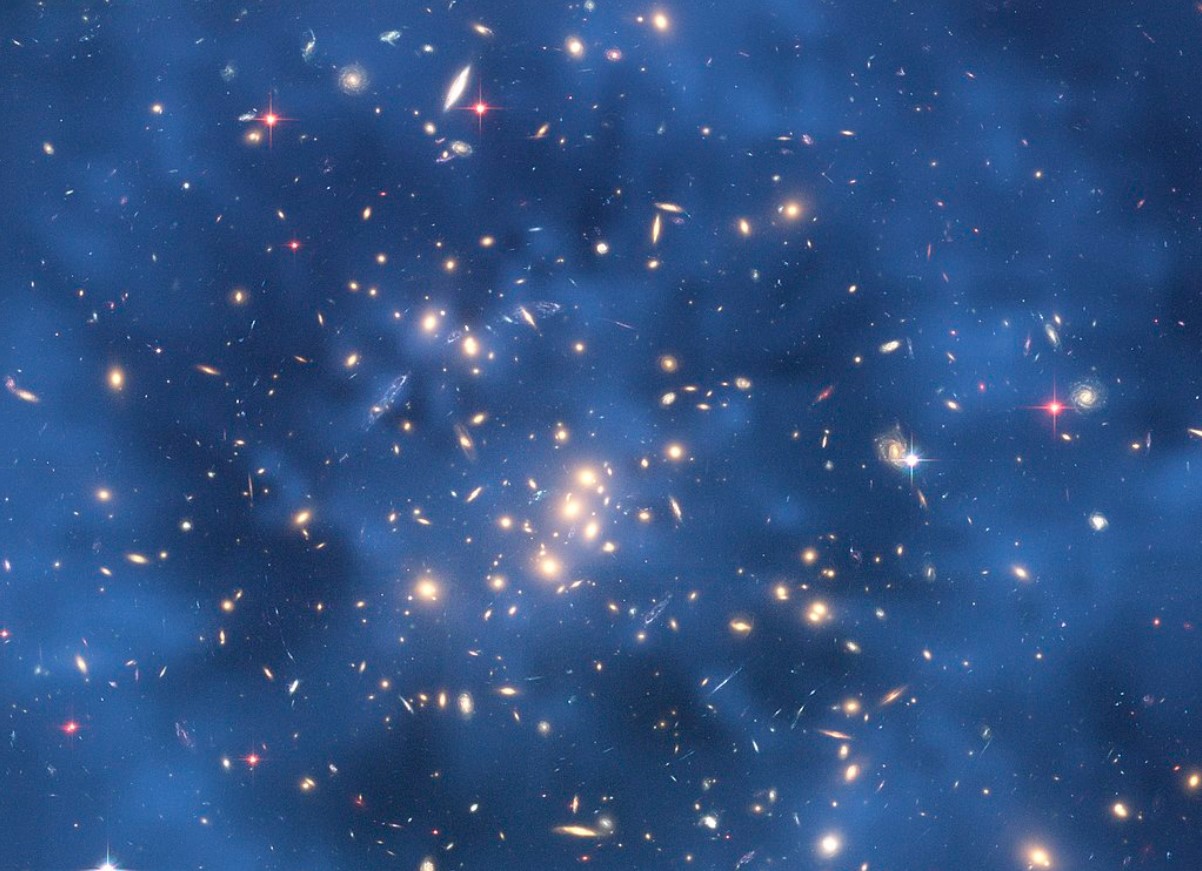
Source: Wikimedia
However, the multiverse theory itself requires fine-tuning to produce life-supporting universes, which circles back to the question: Who (or what) fine-tuned the multiverse generator?
The Cosmic Lottery or Intelligent Design?
Is our life-supporting universe simply a lucky draw in a cosmic lottery? Or does the precise fine-tuning of physical constants suggest a deliberate design?
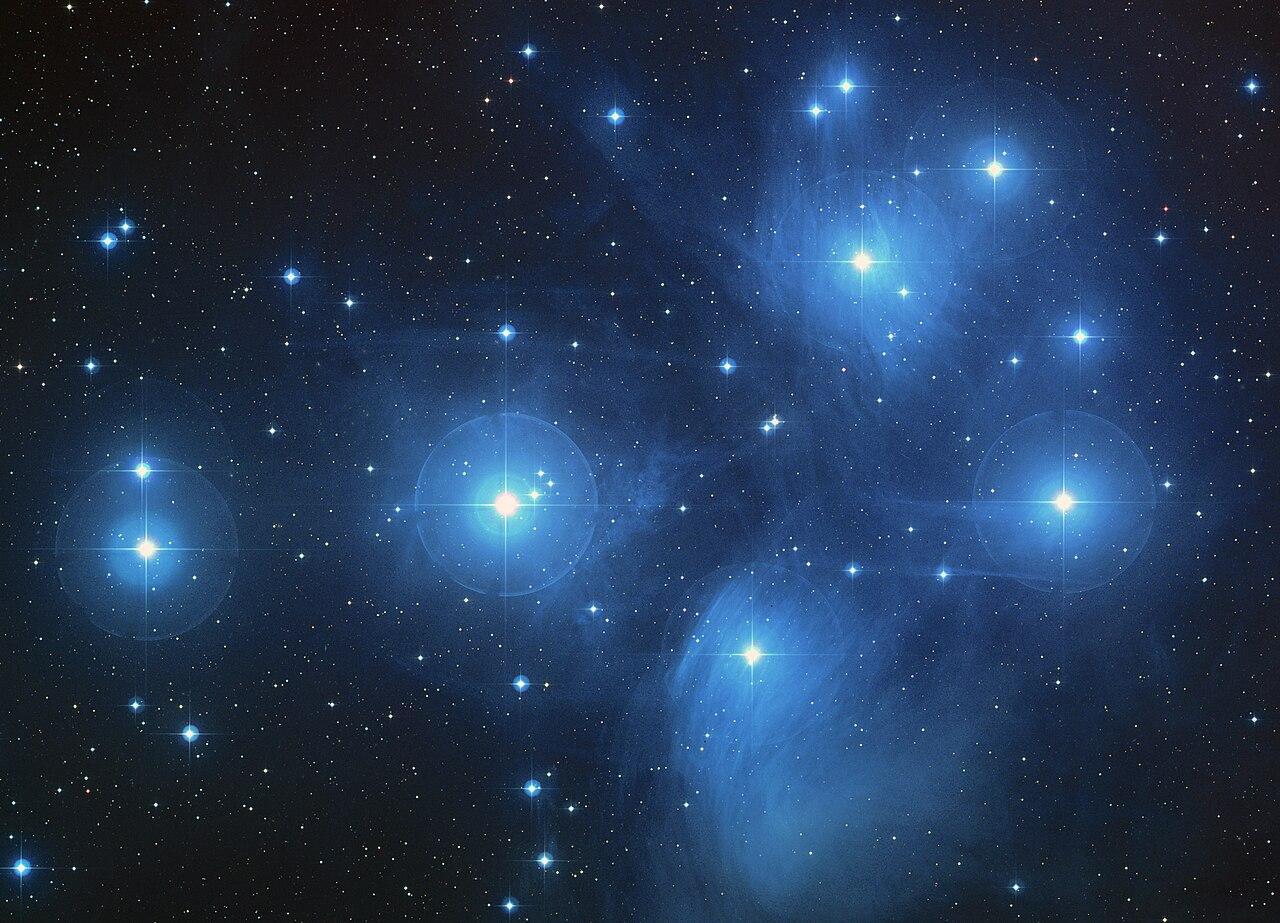
Source: Wikimedia
This question continues to be a point of debate among scientists and theologians, with no definitive answer in sight.
The Ongoing Debate
The quest to understand the universe raises profound questions about the origins of life and the cosmos itself.
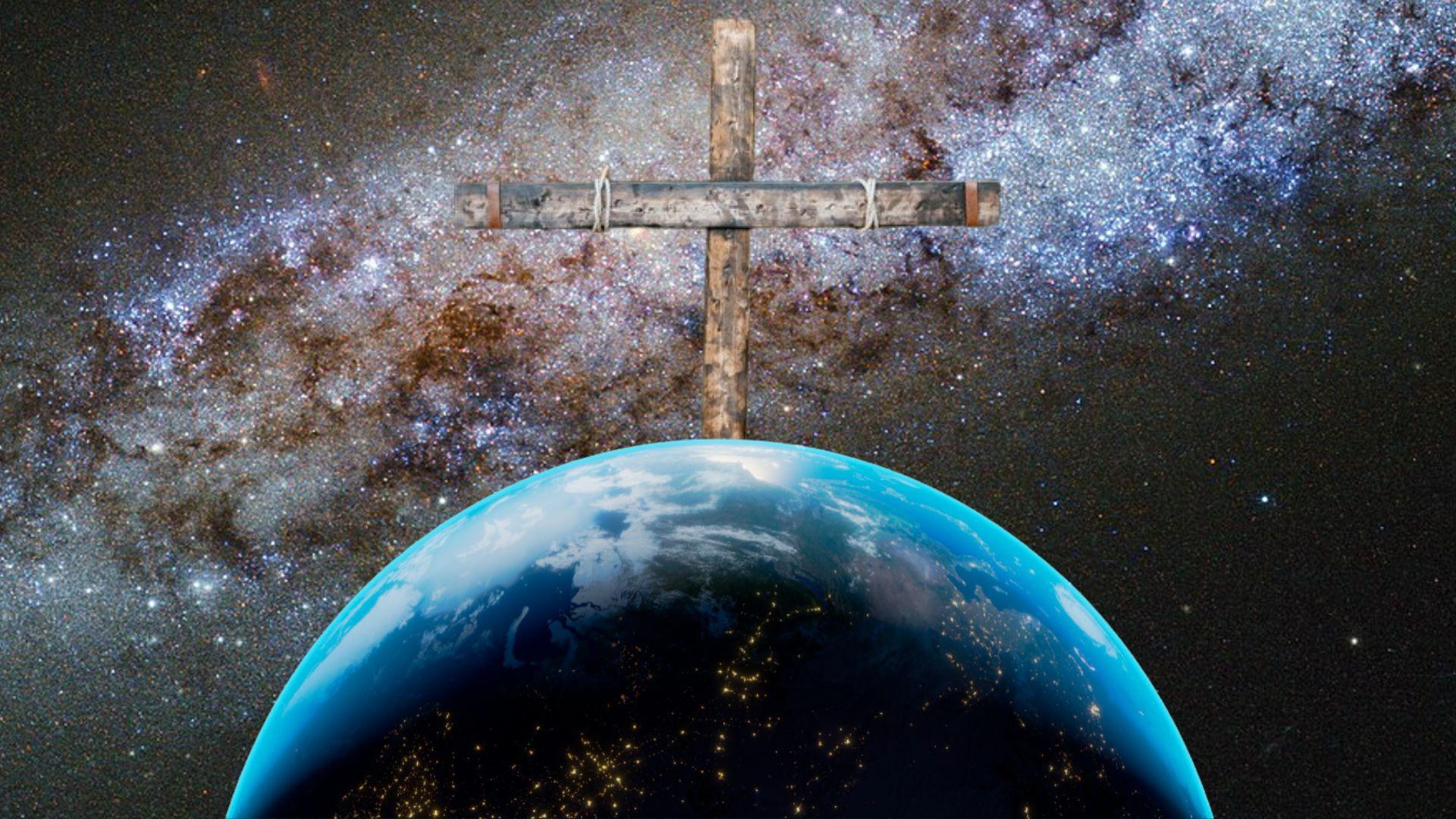
Source: Wikimedia/Freepik/Freepik
Whether it’s the finely tuned forces of nature, the precise conditions of the Goldilocks zone, or the complexity of DNA, these scientific discoveries continue to fuel the debate about the existence of a creator. While science doesn’t provide all the answers, it certainly gives us plenty to think about.
